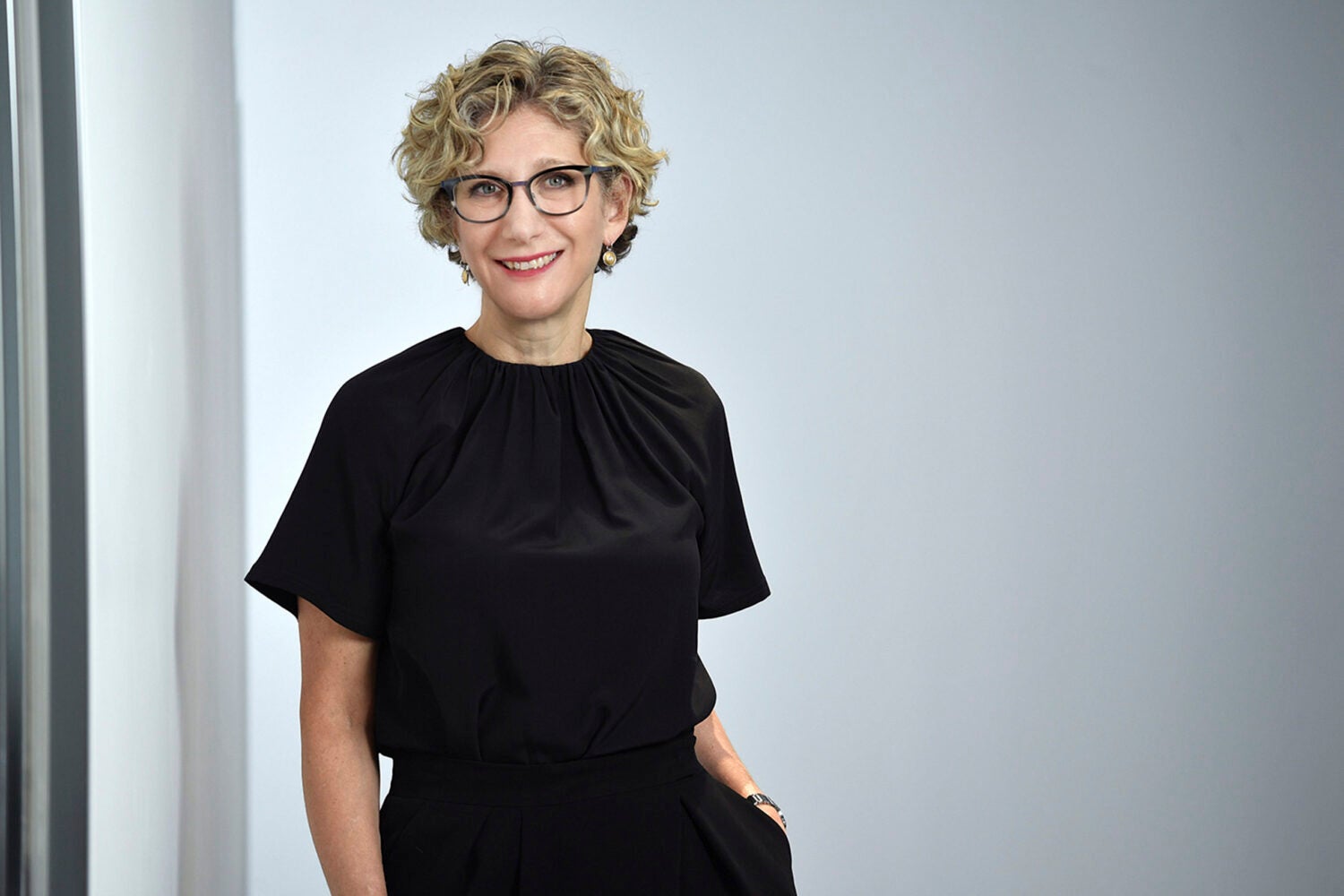In 1998, Claudia Salomon ’94 was interviewing at Squire, Sanders, a law firm in Phoenix, when a senior partner told her that international arbitration was the wave of the future. “It was a lot like that scene in ‘The Graduate’ when Dustin Hoffman hears the word ‘plastics,’” Salomon recalls. She’d been working as a commercial litigator and could easily imagine that future, too. With the passage of NAFTA and a host of additional trade agreements, an uptick in cross-border trade seemed inevitable — and it stood to reason there also would be more disputes between companies located in different countries. The problem, of course, is that most likely neither party would accept the inherent disadvantage of a case being tried in a foreign court — and no global treaty validates those judgments. The New York Convention, a 1958 agreement now signed by more than 170 countries that recognizes and enforces arbitral awards, made international arbitration an appealing alternative.
By 2001, the pace of globalization had continued to accelerate, with China joining the World Trade Organization. That same year, Salomon experienced another turning point: With less than a week’s notice, she had the opportunity to go to Prague to represent the Czech Republic in an arbitration case involving the privatization of one of the country’s largest banks. A one-month assignment turned into a three-year stay: She was hooked, continuing her career in international arbitration in New York City at DLA Piper and then Latham & Watkins. Twenty years after accepting the assignment in Prague, in July 2021, Salomon became the first woman elected president of the International Chamber of Commerce’s International Court of Arbitration, a neutral, independent arbitral organization providing services to individuals, businesses, and governments around the world. Celebrating its centenary in 2023, the ICC Court includes 195 members from 120 countries. While the organization’s international headquarters are in Paris, cases are arbitrated in 120 cities in a dozen languages, English and Spanish being the most prevalent — although cases are also heard in French, Portuguese, Romanian, Mandarin, Arabic, and German, among others.
“A topic on everyone’s mind now is artificial intelligence.”
“The strategic and extreme cross-cultural context of international arbitration makes the work incredibly interesting,” says Salomon, who has removed herself from representing parties in arbitration but continues to work as an independent arbitrator. “You might represent a French company in a contract with a U.S. firm governed by New York law but seated in Geneva, for example.” At one point in the past, while she was still representing parties, Salomon served as counsel to the country of Georgia in three separate cases, working closely with the firm’s office in Tbilisi. “We brought experience in written and oral advocacy, but they had a deep understanding of the government and local laws,” she says. “You need that context, so it’s important to really hear what someone is trying to say and ensure they understand they have an important role to play.”
Before becoming president, Salomon held a variety of roles in the ICC, from founding chair of its Young Arbitrators Forum to U.S. court member to one of a handful of vice presidents. By its nature, serving as ICC Court president requires some serious globetrotting as advocate and ambassador for the organization; since her term began over two years ago, Salomon has visited cities in 28 countries, some more than once, including Delhi, Jakarta, Seoul, Singapore, Athens, Frankfurt, Bogotá, Abu Dhabi, Lagos, Houston, San Francisco, and Toronto. “One of the most interesting aspects of this job is the opportunity to hear from people from all different parts of the world about the legal and business ecosystems they’re operating in and how that’s impacting the kind of transactions and disputes likely to arise,” she says.
“A topic on everyone’s mind now is artificial intelligence — both its impact on how businesses and people access legal services and then of course how it impacts the services themselves,” she continues. “To what extent will legal parties be willing to accept a level of predictive justice? What is the tradeoff between speed and due process? We’re going to have to grapple with that question in a significant way.”
Diversity is also an ongoing focus, Salomon adds: “The global business community is diverse, so they rightfully have an expectation that the arbitration community also will be diverse: One element of the rule of law is that decision-makers should reflect the community.” In the early decades of the ICC Court’s existence, the parties and arbitrators were primarily male and European, she notes. But as the world has changed, so has the ICC Court; today, about 40% of the arbitrators it appoints are women, and the organization continues to build its footprint outside of Europe and North America. “We are heavily invested in strengthening the arbitration infrastructure and ecosystem in Africa,” says Salomon. In addition to creating an Africa Commission and hiring a regional director, last year the ICC piloted Hold the Door Open, a program to expose young practitioners on the continent to arbitration hearings.
Wherever work finds her, Salomon says she also enjoys simply learning more about the people she meets and how they live. “The young lawyers I talked to in Mexico City commute to work by bicycle, which is not something I expected,” she says. “It’s fun to get people talking about their lives.”
“I’ve had to figure out how to use my own voice and style to be an effective, authentic leader,” she reflects. “I’ve tried to be very intentional about that — what is the best way to build community and connections? How can I ensure we’re bringing a client mindset to everything we do? Years can pass between when a party provides for ICC arbitration in their contracts and when a dispute arises, particularly with large infrastructure projects or life sciences contracts. The nature of our work is to be focused on the future.”
